New Scientist covers the latest developments in science and technology that will impact your world. New Scientist employs and commissions the best writers in their fields from all over the world. Our editorial team provide cutting-edge news, award-winning features and reports, written in concise and clear language that puts discoveries and advances in the context of everyday life today and in the future.
Your data, your control • Only by taking data back into our own hands can we fix the web
New Scientist
Joining crabs on their commute
Solving the mystery of fibromyalgia • Fibromyalgia, which causes chronic pain, is poorly understood, but two studies have shed new light on its causes, explains Michael Marshall
We may finally know the reason why birds break into song at dawn
Cloud microbes’ colours could help us spot alien life
‘Weaponised’ CAR T-cell therapy shows promise against solid tumours
Liquid veins on Mars are potential home for microbes
Defying quantum gravity • A new calculation has found that gravity could produce quantum entanglement, even if it isn’t fully quantum itself, finds Karmela Padavic-Callaghan
Eye implant and high-tech glasses help restore lost vision
Safer battery can be pierced without catching fire
Testing relativity in the quantum realm • Rotating ultracold atoms in an “optical Ferris wheel” could help us reveal the limits of relativity
Wegovy helps the heart even with minimal weight loss
A leap forward for e-paper displays
A bright future for solar power • Solar electricity is growing rapidly and the planet could be powered on sunshine much sooner than you think, reports Madeleine Cuff
The rate of solar panel installations keeps rising each year • Global solar capacity additions, cumulative by year in gigawatts
Renewables produced more electricity than coal for the first time on record in the first half of 2025 • Global electricity generation, Jan-Jun of each year in terawatt-hours
Is this how breastfeeding fights cancer? • Rise in immune cells may explain why we see a lower incidence of breast cancer after breastfeeding
Why coffee beans extracted from civet poo are so delicious
Gene editing protects pigs from deadly virus
Hand-powered device disinfects drinking water
How antidepressants affect the body • These drugs have a range of physical side effects – knowing which could help inform prescriptions
Teenager builds advanced robot hand from Lego
Climate compromises • COP’s negotiations will focus on money for climate change adaptation, but some tough choices lie ahead, warns Susannah Fisher
Field notes from space-time • Looking backwards The US’s decision to stop supporting a telescope that would have given us unprecedented insight into the early universe is devastating, says Chanda Prescod-Weinstein
Cat’s eye view
Finding a path through • Can sea slugs form abstract thoughts? Do we dare to see any “purpose” in evolution? Thomas Lewton explores a bold, provocative book
Escaping enshittification • A powerful book shows how algorithmic capitalism ends up ruining good services. What can we do, asks Matthew Sparkes
New Scientist recommends
The film column • True colours Super Nature is the ultimate home movie: a documentary stitching together local nature footage shot by pros and enthusiasts worldwide, using only the cheap 1960s film format Super 8. The result is ravishing, says Simon Ings
Your letters
No space, no time, no particles • Take quantum theory seriously and a surprising, beautiful new vision of reality opens up to us, says physicist Vlatko Vedral
Ancient plagues • A surge in contagious diseases in Europe 5000...
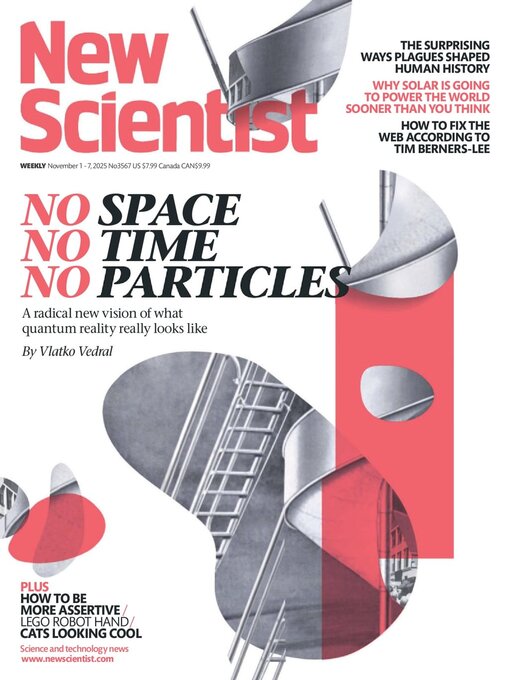
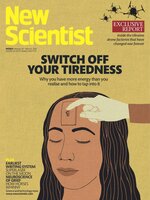 Feb 28 2026
Feb 28 2026
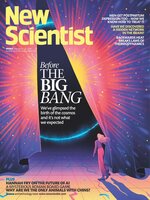 Feb 21 2026
Feb 21 2026
 Feb 14 2026
Feb 14 2026
 Feb 07 2026
Feb 07 2026
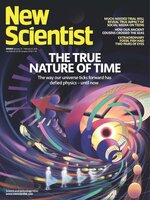 Jan 31 2026
Jan 31 2026
 Jan 24 2026
Jan 24 2026
 Jan 17 2026
Jan 17 2026
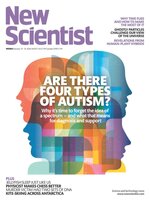 Jan 10 2026
Jan 10 2026
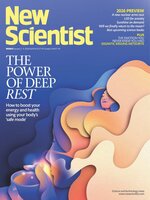 Jan 03 2026
Jan 03 2026
 Dec 27 2025
Dec 27 2025
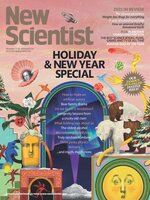 13-26 December 2025
13-26 December 2025
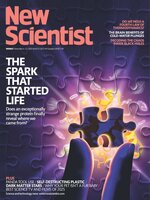 Dec 06 2025
Dec 06 2025
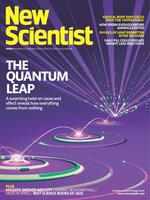 Nov 29 2025
Nov 29 2025
 Nov 22 2025
Nov 22 2025
 Nov 15 2025
Nov 15 2025
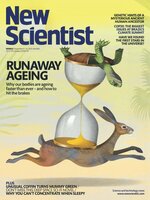 Nov 08 2025
Nov 08 2025
 Nov 01 2025
Nov 01 2025
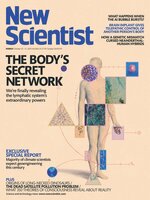 Oct 25 2025
Oct 25 2025
 Oct 18 2025
Oct 18 2025
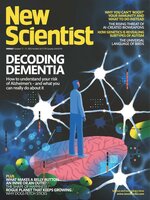 Oct 11 2025
Oct 11 2025
 Oct 04 2025
Oct 04 2025
 Sep 27 2025
Sep 27 2025
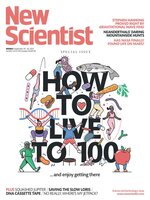 Sep 20 2025
Sep 20 2025
 Sep 13 2025
Sep 13 2025